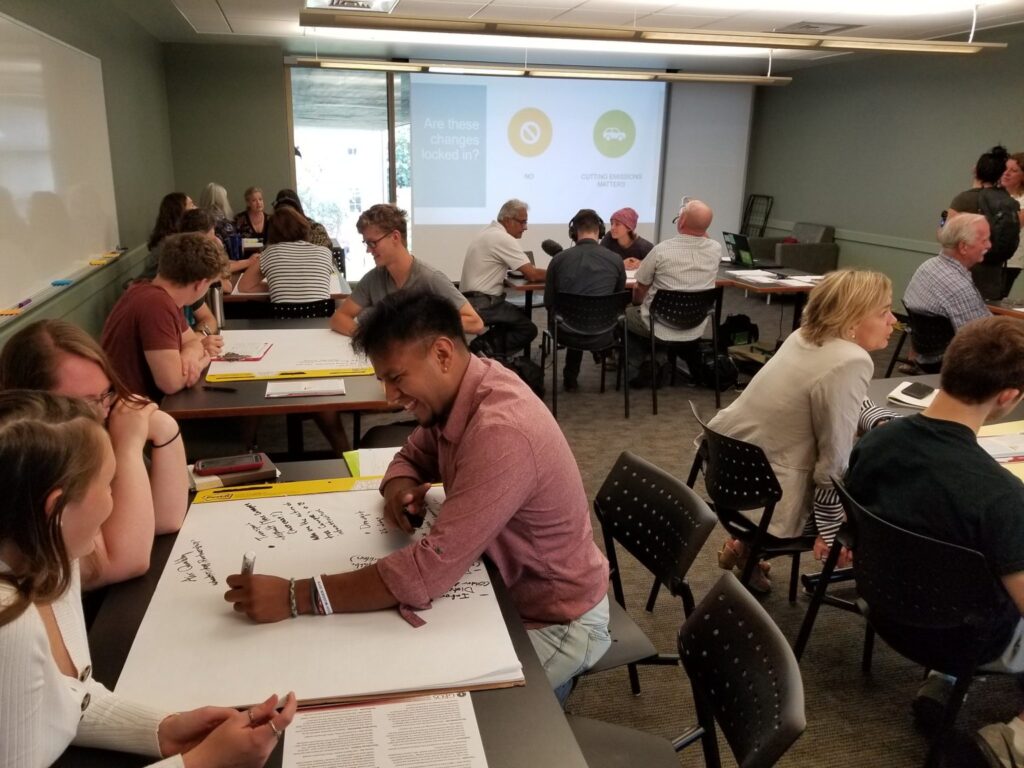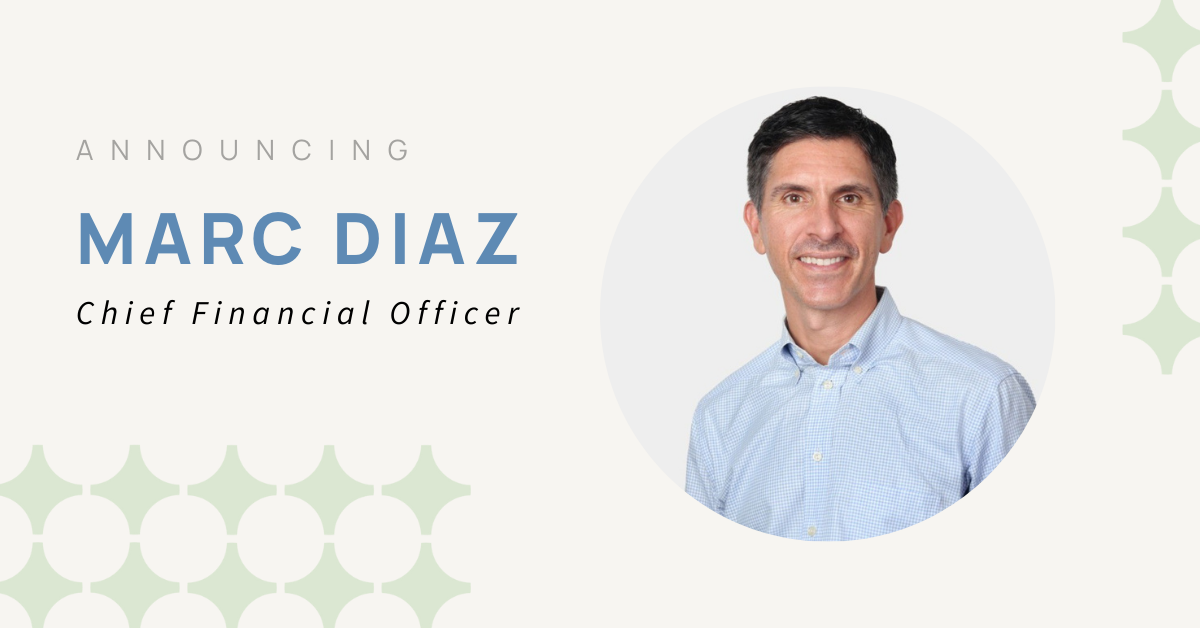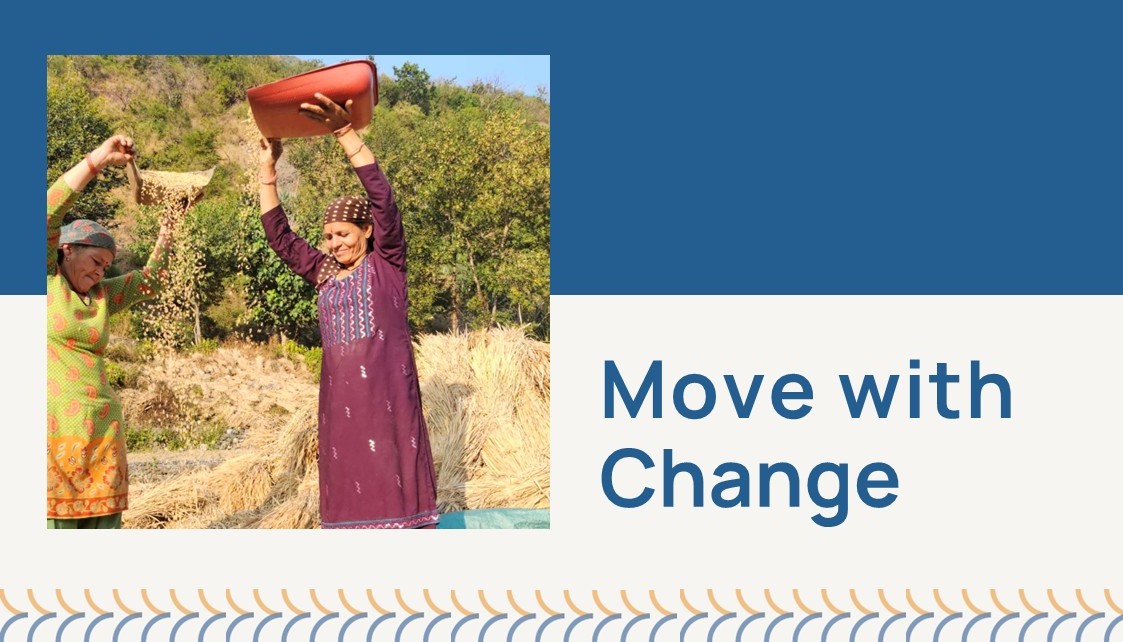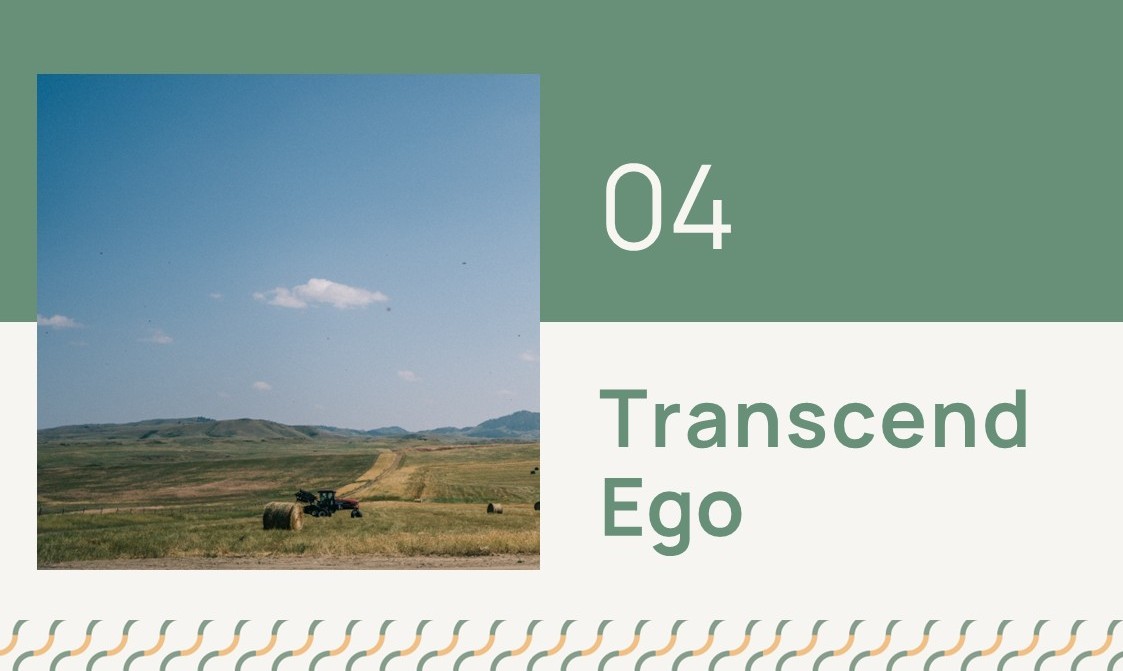Local conditions require communities to adapt differently to climate change. But many struggle to identify the best ways to protect themselves from rising temperatures, extreme weather conditions, and other impacts—especially those with the fewest resources to tackle these challenges.
The Geos Institute was an early actor in recognizing and seeking solutions to this problem. Founded in 1974 as a forest conservation organization, the Ashland, Oregon, nonprofit shifted in 2006 to helping communities develop climate resilience plans rooted in local needs.
“We realized a lot of the good work we had done would be undone as communities started to deal with the impacts of climate change,” says Executive Director Tonya Graham. “If we could help leaders understand the impacts ahead of time, the integrity of natural systems could be protected.”
Since making the shift, Geos has helped more than 100 communities throughout the U.S. and Canada develop strategies to mitigate the impacts of climate change. Patient capital from RSF Social Finance enabled the organization to expand its programming in 2017, and Geos relied on the relationship to get through the worst of the COVID-19 pandemic.
Climate Ready, Set…Go!
The Geos Institute runs three programs that take different approaches to climate resilience: ClimateWise, Climate Ready Communities, and Climate Ready America.
Through ClimateWise, Geos acts as a contractor to help local leaders understand climate change impacts in their communities. Climate Ready Communities offers A Practical Guide to Building Climate Resilience, a free resource that helps front-line communities navigate climate change policy. These communities—often under-resourced, low-income communities of color—face the most immediate and intense impacts of climate change due to systemic inequalities and oppression.
Climate Ready America is working to strengthen adaptation services by creating climate innovation centers across the nation. These centers are designed to meet emerging needs and connect communities with resources from governments, academic institutes, and climate organizations.
From 2008 to 2016, Geos received foundation funding for its community-based climate adaptation planning. When that relationship ended in 2017, Geos turned to RSF to access the equity in its office building by refinancing its mortgage for $365,000.
The cash infusion allowed Geos to invest more in developing Climate Ready Communities, which launched in 2019. It also allowed the nonprofit to further develop its specialty in competitive local government contracts.

‘A wildly fantastic partner’
Just under half of Geos’ revenue comes from government contracts; the rest is from grants and donations. When the pandemic hit, many local governments shifted their focus from climate planning to emergency management. As a result, Geos’ contracts slowed to a crawl and the requests for proposals stopped rolling in.
“Not only did our existing projects slow down, but the pipeline dried up,” Graham says. “It was scary not knowing what kind of plan we had to make to survive the pandemic.”
Then Geos got a call from RSF. The funder offered an unrestricted $10,000 general operating grant and asked the nonprofit what else it needed to stay afloat.
“It was a stunning question for RSF to ask. Whose mortgage company calls them in the middle of a global pandemic and says, ‘What do you need?’” Graham says. Geos asked for a break in its mortgage payments. Starting in May 2020, the nonprofit only paid interest on the mortgage for five months.
“Our mortgage is a significant bill for us each month, so having that financial breathing room was super helpful,” Graham says. “RSF has been a wildly fantastic partner during COVID.”
Geos and RSF tackled the financial obstacles of the pandemic together, planning their next steps every three months so they could adapt accordingly. For Geos, it was reassuring to have a reliable partner amid all the uncertainties.
“Several things came together that allowed us to make it work,” Graham says. “RSF committing was a big part of that.”
Spreading innovation centers across the country
Since 2021, Geos has homed in on Climate Ready America. In addition to collaborating with federal agencies, Geos is helping to establish climate innovation centers in Utah, Indiana, Georgia, and New Hampshire. It is also in talks with 28 other states and organizations to create centers across the country.
Geos remains committed to helping communities protect themselves against climate change impacts through these innovation centers. Its success lies in developing standardized policies that can be adapted appropriately to individual community needs. A climate innovation center in Arkansas will look very different from one in Wisconsin or New York, Graham says, so Geos must customize its approach while also viewing policies through a national lens.
None of this progress would have been possible without support from RSF.
“Whenever you’re at the edge of real innovation, there are key moments where things can completely fall apart,” Graham says. “We came up to a couple of those. RSF helped us navigate what might otherwise have been insurmountable obstacles and bridge to the next opportunities. Not a whole lot of people in the financial world are willing to risk something big for something good.”


